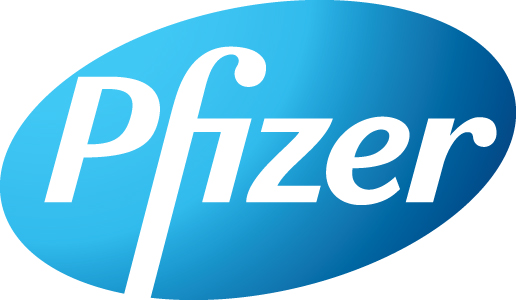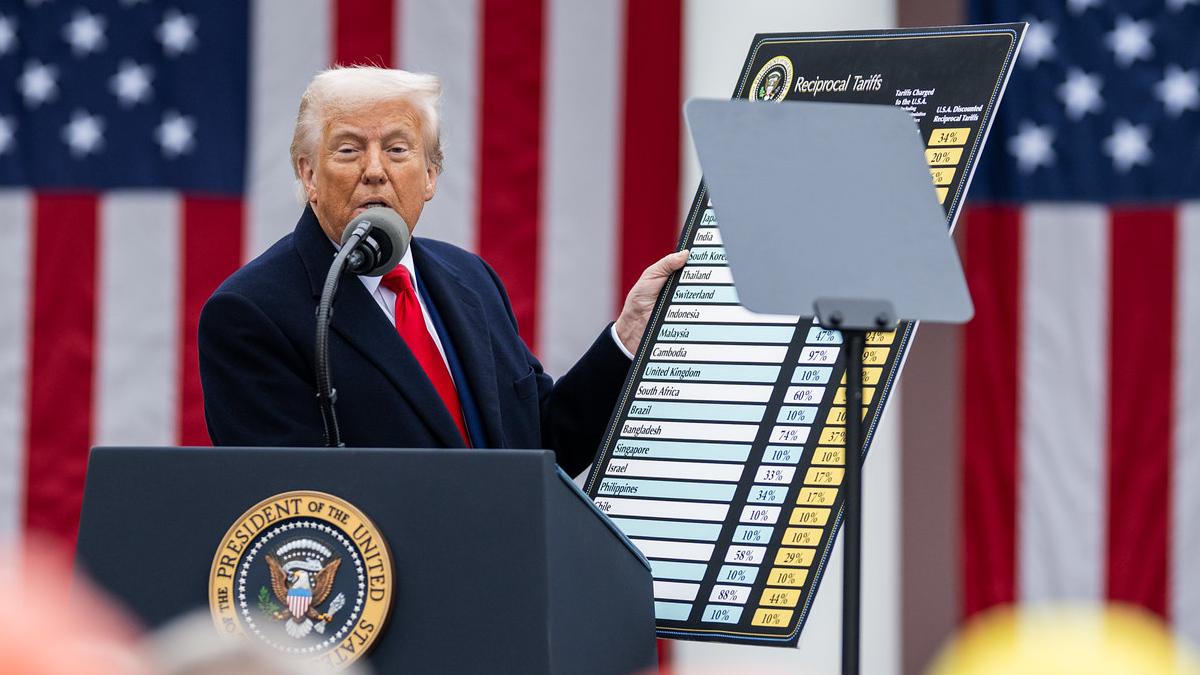Pfizer increases prices in the US for the second time this year

The largest standalone drug maker in the US, announced it increase the prices of around 100 drugs for the second time this year, despite president Donald Trump’s pledge to slash the cost of drugs and treatments.
The Financial Times reported on Monday that Pfizer upped the prices of prescription drugs including widely used lung-cancer treatment Xalkori, Norvasc blood-pressure pills, Lyrica pain capsules, and erectile dysfunction pill Viagra.
The average 9.4% increase, effective as of 1 July, is the second time Pfizer decided to change prices this year after a double-digit rise about seven months ago.
The average wholesale cost of a 100 mg Viagra pill is now $88.45, up almost 20% from $73.85, while a bottle of Xalatan eyedrops for glaucoma currently costs $107.05, increased from $89.38 at the start of the year.
“The list price remains unchanged for the majority of our medicines. We are modifying prices for about 10% of our medicines, including some instances where we’re decreasing the price,” Pfizer said in a statement.
[caption id="attachment_26188" align="alignleft" width="150"] President Donald Trump[/caption]
President Donald Trump[/caption]
The rising cost of drugs in the US ignited a wave of public anger joined by President Donal Trump, who promised to lower the price of medication in the US in his presidential campaign.
Before taking the office, he voiced his disapproval for the pharmaceutical industry practices and accused biotech companies of “getting away with murder”.
Just a few weeks ago Mr. Trump introduced his radical plan, announcing that along with the Health and Human Services Secretary Alex Azar will be working to “bring soaring drug prices back down to earth”.
These two price increases distanced Pfizer from biotech competitors who pledged to lift list prices only once a year and by less than 10% overall.
Sanofi increased recently the price of their eczema treatment Dupixent by 3%, saying in a statement that the drug’s price rise was less than medical inflation, it was and the first increase since the launch last March and the only one planned for 2018.












